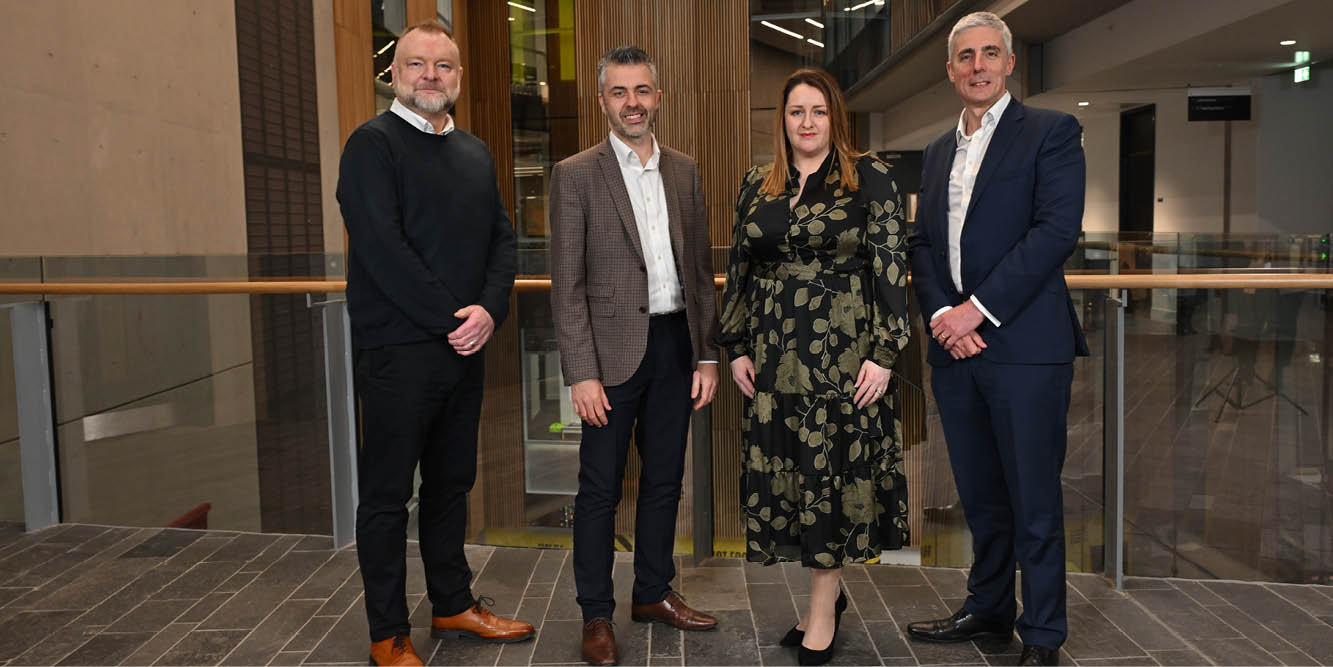Budget
Spring Statement 2025: Labour's scramble to retain economic credibility
The Spring Statement from Chancellor Rachel Reeves was squarely aimed at retaining economic credibility in the face of worsening global economic conditions.















